An online course for anyone wanting to return to or start to learn to speak the native Irish language of Ireland. Listen to the rhythms and sounds of Irish whilst learning about three of the greatest modern-day Irish language poets.
How does the course work?
1.
Seán Ó Ríordáin
'Ní dual do neach a thigh ná a threabh a thréigean.'
It's not natural for a being to abandon his dwelling or his tribe.
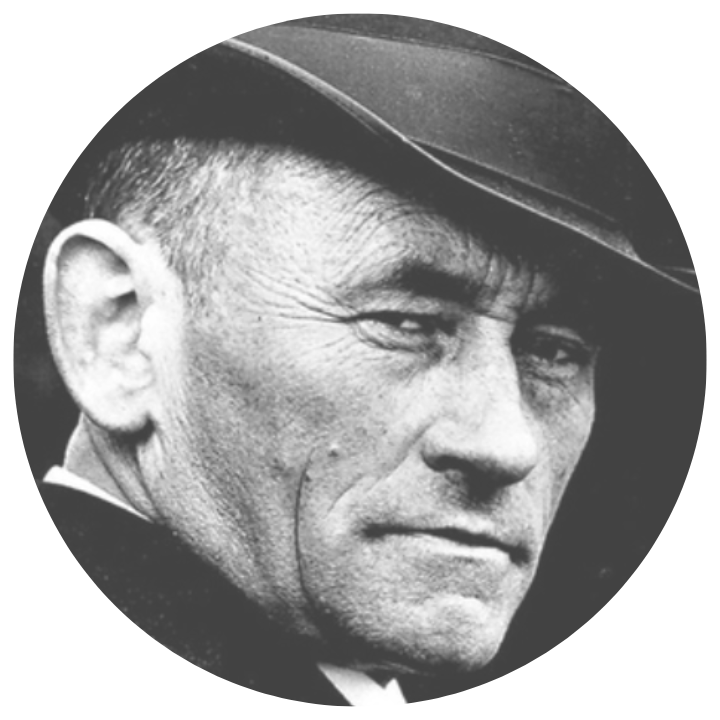
Seán Ó Ríordáin's first poetry collection 'Eireaball Spideoige' (A Robin's Tail) met with sharp criticism from certain quarters when it was published in 1952. This negative criticism shook Ó Ríordáin's self-confidence to the point where it caused him to doubt his own claim to the language. (Although his father was a native Irish speaker Ó Ríordáin had grown up in a largely English speaking home).
Despite this, however, Ó Ríordáin went on to publish two more acclaimed collections of poetry in his lifetime. He is now regarded as one of the most influential Irish language poets of the 20th century.
The title of this course comes from one of his best known poems: Fill Arís. In this poem Ó Ríordáin issues a call to throw the burden of the English language aside and to return to Irish.
2.
Nuala Ní Dhomhnaill
'Ní gan pian a thángas aníos ar thalamh'.
It wasn't without pain that they came up onto land.
Nuala Ní Dhomhnaill was born in Lancashire in 1952, but spent her childhood in West Kerry and in Co. Tipperary. She is one of the most prominent poets of her generation.
Many of Nuala's poems are associated with the language shift from English to Irish.
In this course we will examine four of Nuala's mesmerising 'merfolk' poems. What happens when the merfolk wash up on dry land? Does the memory of water linger in their bones? What happens when a language is no longer spoken? Does the memory of the Irish language linger in the bones?
Does the memory of Irish linger in your bones?
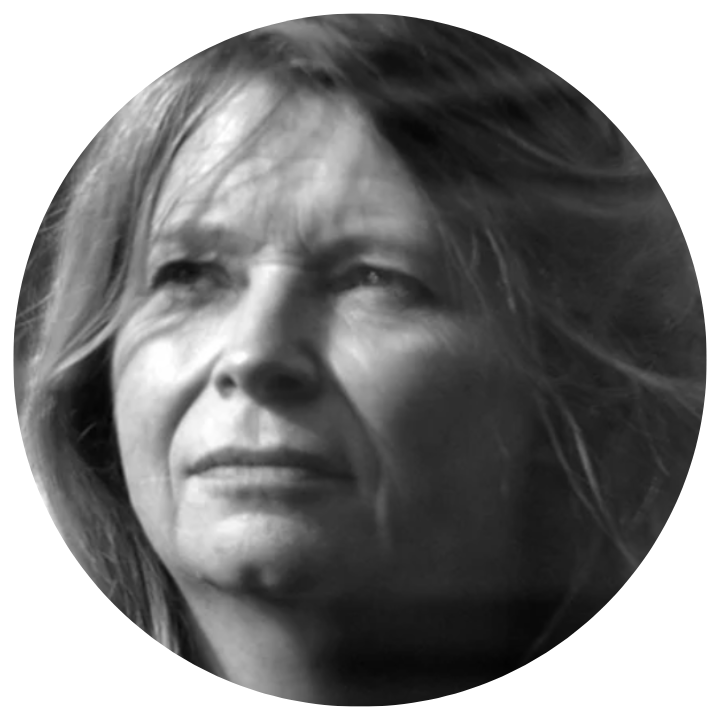
1.
Máirtín Ó Díreáin
'Currach lán éisc ag teacht chun cladaigh,
ar órmhuir mhall i ndeireadh lae, san Earrach thiar.'
A currach full of fish drawing to the shore,
on a gentle golden sea at the end of the day, during the Spring in the west.
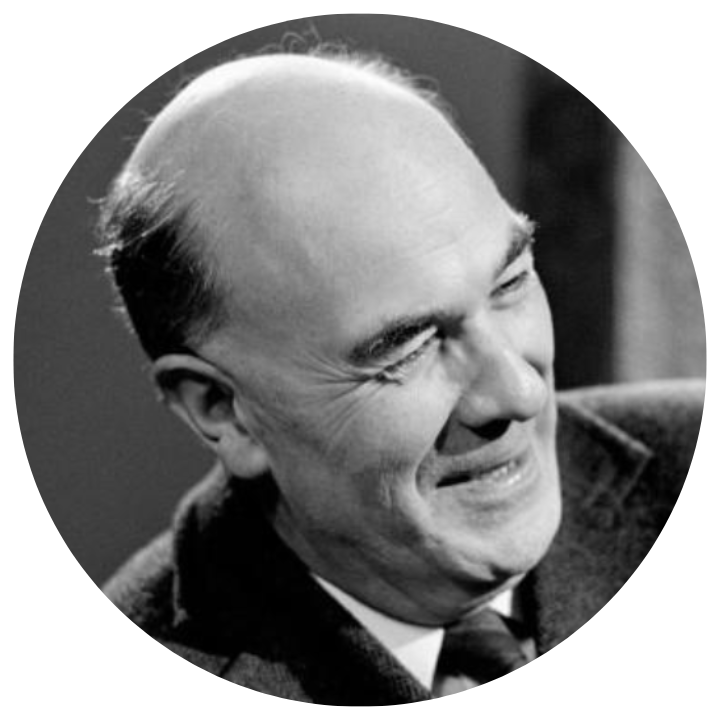
Máirtín Ó Direáin was born in the Aran Islands in 1910. His poetry turned away from the traditional form and revolutionised Irish language poetry in the 1940s and 50s. Ó Direáin received international acclaim during his lifetime and he was the recipient of many prestigious awards including the Ossian Prize for Poetry.
Ó Direáin was a monoglot Irish speaker until he learned English in his mid teens. For this reason his poems are noted in particular for capturing the sounds and rhythm of the language. In his early poems Ó Direáin wrote about the loneliness of the city, and compared this with the peace and calmness of mind he found on his native island. His poem 'An tEarrach Thiar' (Spring in the west) has been on the Irish school curriculum for years, and ranks among the most loved poems in Irish.
How exactly does the course work?
Enjoy high quality audio recordings and video explanations for four poems by each of the three poets. The course also includes background information on each poet and other resources. Access the course content through your own personal account by logging into our website, or through a free app. In this course you will be learning Irish while enjoying Irish culture. This is a great way to improve your Irish easily and to become more fluent when speaking Irish. Use the content entirely in your own time; and ask questions or post comments in the course forum as they arise.
"I have a very basic theory - that when Irish people switched their language to English, their emotions were left behind in the Irish they refused to use, or teach their children. That is what my mermaid poems are all about."
Nuala Ní Dhomhnaill
REGISTER
The package of content related to each poet contains:
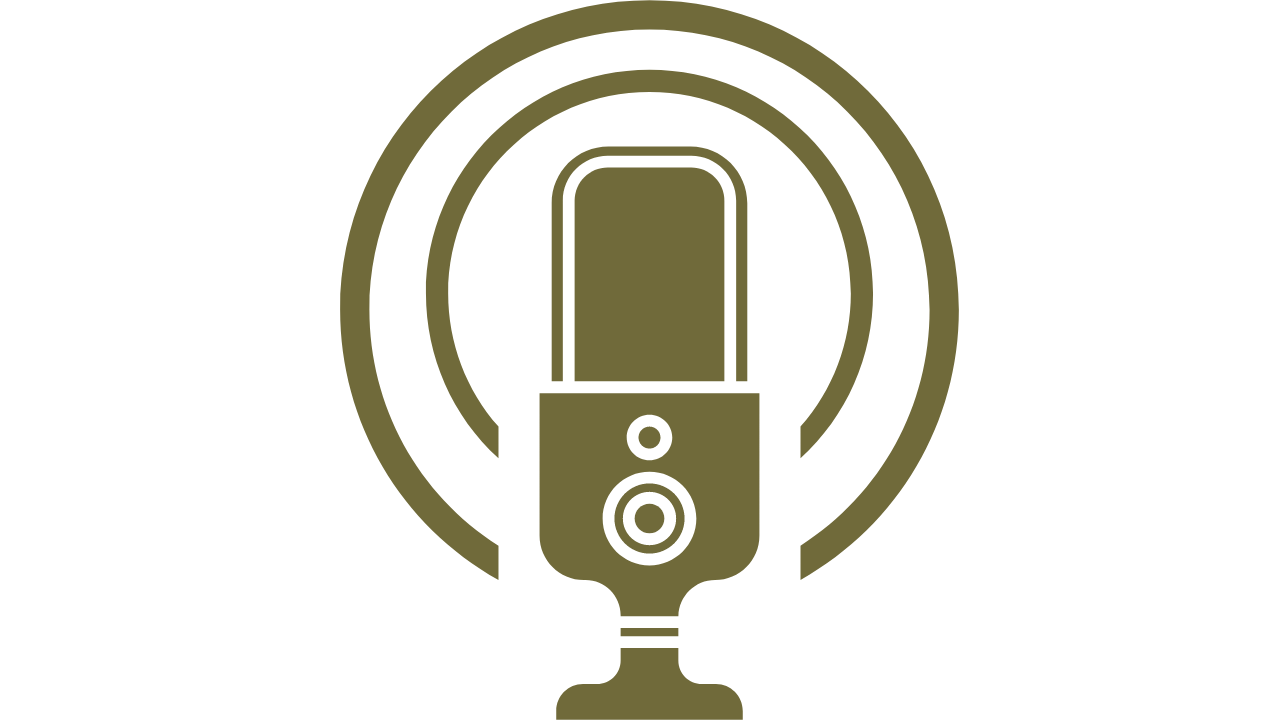
Audio
Recordings
Studio quality audio recordings and video of 4 poems by each poet. Downloadable mp3 file to keep forever.

Course
Booklet
Downloadable booklet (in English and Irish) with the text (and translations) of each poem, together with background information on each poet.

Extra
Resources
Short explanatory videos in English to accompany each poem, highlighting vocabulary and giving background information.
"I'd love to be able to understand Irish poetry, but I just don't know where to start!"
Poetry is written to be spoken aloud; to be listened to! It is a way to access the culture of a language, a way to enjoy the sounds and melody of a language.
There is no shortage of wonderful poetry in the Irish language. It can, however, be daunting for someone learning Irish to know where to start.
That's where we come in!
Our goal in creating this course, Fill Arís / Return Again, is to make Irish poetry accessible to anyone learning Irish.
We know that the combination of text, video and audio recordings will really boost your learning in Irish but, above all, we hope that this course will inspire and encourage you to return again, to fill arís, to the richness of the Irish language.
REGISTER14 DAY NO FUSS MONEY BACK GUARANTEE!
Try out the course and if it's not right for you, let us know within 14 days of the date of purchase via email and get your money back!

Learn on the go!
Use the All About Irish app to access your course directly from your phone, giving you more opportunities for practice and learning!
Watch a short video while waiting for the bus; listen to the poems while out for a walk or chilling on the couch!

Which poems will be covered in the course?
For how long will I have access to the material?
When does the course start and finish?
What is the refund policy?
What level of learner is this course suitable for?
How do I access the course content?
What if I have questions during the course?
How much time will it take to complete the course?
What makes this course so effective for learning Irish?
Language in context
Learning the grammar, and vocabulary of a language is great - but a language is more than just words. It is an expression of culture and heritage. Combining language learning with poetry is a great way to learn more about the cultural context of the language.
Lots of listening!
Listening is one of the best ways to learn a language. Poetry is an excellent learning resource as poems are generally quite short, and, even better, can get lodged as 'éist-péist' (ear worms) quite easily! The poems are read by Joe, a native Irish speaker, and are a joy to listen to!
Fill arís with others
Knowing that you are part of a larger endeavour, and diving into the richness of Irish language poetry at the same time as a group of Irish learners all over Ireland and the world is very motivating! Become part of the worldwide Irish language community. Fill arís / return to the richness of the Irish language!
Your Guides
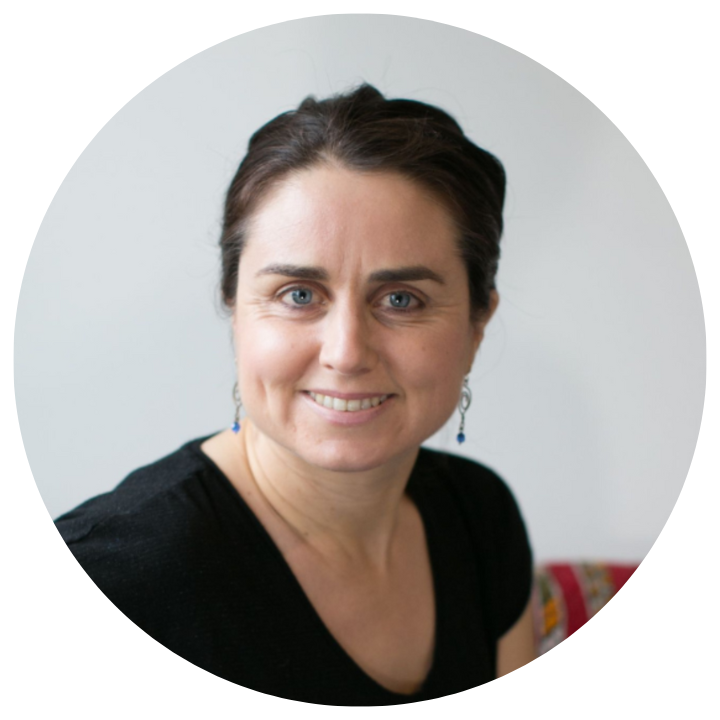
Patricia Nic Eoin is from Kinvara, Co. Galway and is the founder and owner of All About Irish. She has worked with some of the major names in language learning (The Michel Thomas Method; the Olly Richards Story learning method).
Patricia is a qualifed solicitor and accredited Irish language translator. She has worked for the European Commission as both a translator and legal officer.
Patricia is passionate about teaching Irish and is absolutely thrilled to collaborate with Joe on their second course in the Learning Irish Through Literature series!
Joe Ó Fatharta is a native Irish speaker from Indreabhán in Co. Galway, and is an honours graduate of the Irish Studies programme at the University of Galway.
Joe's research on the image of the Gael in Myles na gCopaleen's journalism from 1940 -1943 was awarded the highest mark ever in the Irish Studies course.
Joe is deeply interested in Irish literature and creative writing. He worked on the set of Ros na Rún, the Irish language soap opera set in Connemara, for a number of years and currently teaches Irish to undergraduate students at Dublin City University.

Learn Irish Through Literature
If you like the look of our Poetry course you may also be interested in our 'Learn Irish Through Literature' course. Click on the button below to find out more.
Learn Irish Through Literature

